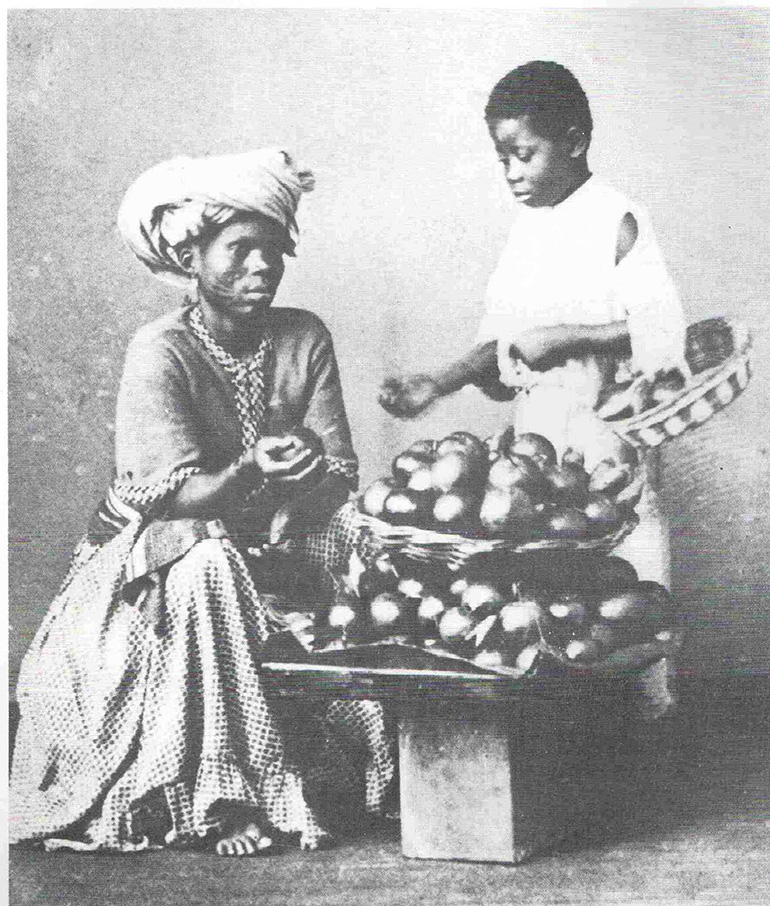- Direction
- Caetano Gotardo, Marco Dutra
- Country
- Brazil
- Format
- Feature film
- Type
- Fiction
- Original title
- Todos Os Mortos / All the Dead Ones
- Film presented in Toulouse
Caetano Gotardo:
The moving creatures, 2012
Marco Dutra:
Hard Labor, 2011 (with Juliana Rojas)
Caetano Gotardo
Filmography
Caetano Gotardo:
The moving creatures, 2012 (feature). Participation: Ciné Latino, Toulouse, 2013.
Main short films:
The japanese boy, 2009, Sand, 2008. Participation: la Semaine de la Critique in Cannes, The open diary of R, 2005.
Marco Dutra:
When I was alive, 2014 (feature). Hard Labor, 2011 (feature). Participation: Un Certain Regard in Cannes (avec Juliana Rojas).
Main short films:
A Stem, 2007. Best short-film at la Semaine de la Critique in Cannes, The White Sheet, 2005. Selected at la Cinéfondation (avec Juliana Rojas).
Note of intent
At the turn of the 20th century, São Paulo lived the benefits of a booming economy, but a lot of people were left out of it. Our film uses this moment of our history to think about several issues that still pervade social relations in Brazil. The years that followed the end of slavery (1888) and the proclamation of the Republic (1889) were driven by very significant changes in our society, and in times of restructuring, just like the one Brazil experiences nowadays, the contradictions of our country are even more evident. To look back at this particular time helps us understanding the way Brazil is organized today – even though we seem to try so hard to forget the evident signs of our past.
Synopsis
Set in the final months of the nineteenth century and the very beginning of the twentieth, All the dead ones is the story of the decline of a family in São Paulo, from the point of view of its three women: the mother, Isabel, and her daughters Maria and Ana. After the death of their maid Josefina – a former black slave back from the times when the family lived in the coffee farm – the notion of “home” seems to stop making sense. Isabel gets sick and does not get better. She seems to have only a few months to live. Maria, a nun and teacher, has little time to devote to the house. She puts her sister Ana in charge. But Ana is a strange, quiet and lonely girl who was never able to get married. As time goes by, Ana develops an obsessive relationship with the memories of the family farm and the slaves who lived there. Their ghosts come back to haunt her. Also, the three women miss Jorge, the father, who left them in the city to work for the Italians who purchased the old farm. The women know, deep down inside, that he will never return. The film is set around three big Brazilian holidays: Independence Day, Day of the Dead and Carnival. Unable to share the euphoria that comes with the modernization of the city of São Paulo, Isabel, Ana and Maria inexorably approach illness and madness.
Visual concept
We are working on a visual concept that is a very important part of the project for us. Set in the late nineteenth century, the plot develops faithfully to that period, and all the characters are immersed in it. However, the city in which the characters walk around is São Paulo in the current days. The internal spaces are reconstituted as period sets – the same logic is applied to the costumes. But public spaces are the asphalt, buildings, wires and noises of the city we live in today. Through this clash of historical times, conveyed by a simple movie convention, the characters become ghosts of a sort: the past that still inhabits the city, and that is still the basis for what it has become.

- Objectives sought in Films in Development
Looking for partners for co-producion in Europe, Present the project for distributors and world sales agents.
- Shooting planned date
2015 (second semester).
- Planned shooting location
São Paulo and small cities between São Paulo and Rio de Janeiro for the coffee farm scenes (Brazil).
- Project's development phase
Screenplay on the second draft, taking part at the Cinéfondation Residence.

























